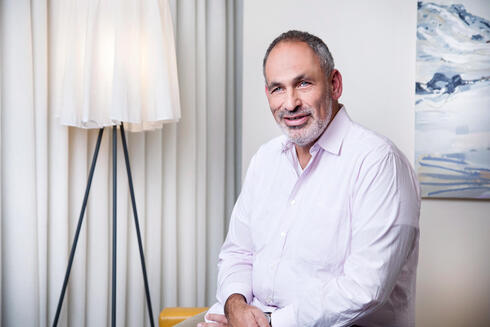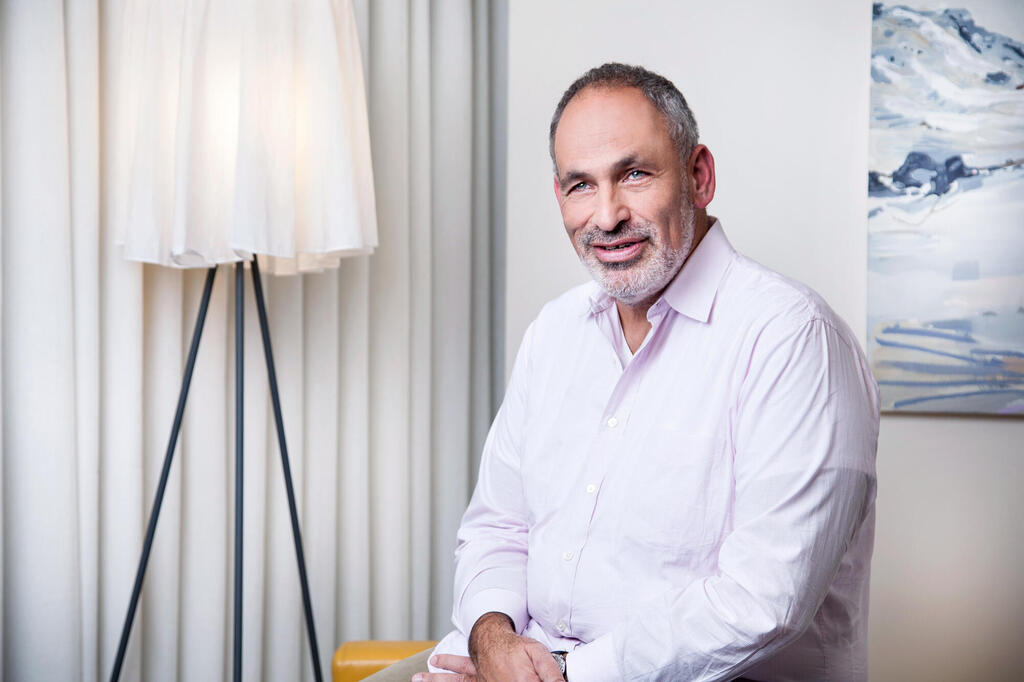
Shlomo Dovrat: “We estimate a 90% decrease in tech investments in Israel in the next quarter”
The co-founder of Viola Ventures and one of Israel’s most prominent VC’s said the government’s judicial reform “poses an existential risk to the high-tech industry”
"I told the advocates of the reform that not only have you chosen the wrong generation, but also the most inopportune moment. This poses an existential risk to the high-tech industry. This isn’t a question of what might happen. It's already a reality where global investment in Israel is coming to a halt. It's happening now and will continue. Worldwide, there's been a 40-50% decrease in high-tech investments, but in Israel, it's an 80% decrease, and we estimate there will be a 90% decrease in the next quarter compared to the previous year," said Shlomo Dovrat, one of the leading figures in Israel's venture capital industry, speaking at the Aaron Institute conference at Reichman University.
The speaker dedicated a significant portion of the speech to explain the AI revolution currently underway in the high-tech industry. According to the co-founder of Viola Ventures, we are witnessing the early stages of an innovation phase that will likely be "the most significant development we'll witness in our lifetime. The advancement of artificial intelligence is exponential, and we're just scratching the surface. It's still captivating, but it will redefine reality."
The readiness of Israel to transition to the next stage of innovation has become a pivotal question, according to the speaker. "In the past, Israelis demonstrated adaptability, but artificial intelligence demands even faster changes. At the foundational level, we possess the capacity with many computer science experts, but there are some areas of concern." Dovrat listed three key points, highlighting that the current division of Israeli high-tech is a reflection of the present rather than the future. Additionally, the military-based foundation of Israeli high-tech needs to shift towards a stronger academic focus. Lastly, he noted the dangers of the government’s judicial reform.
"We're witnessing a clear erosion of human capital"
Addressing the distribution of high-tech investments in Israel, Dovrat highlighted an overemphasis on cybersecurity and an inadequate investment in fields like foodtech and other leading sectors. However, the root of the problem lies in a deeper issue. "Let's be honest; high-tech has been predominantly based on technological units from the military, with 70%-80% of high-tech stemming from the army rather than scientific backgrounds. The majority came from Unit 8200, focusing on software. But that's not the future world. The future world will be driven by innovation in material engineering (chemistry, physics, biology). If research laboratories in Israel remain weak, it will pose a problem. Israel doesn’t have any top 100 universities, which is a fundamental weakness in our competitiveness."
Regarding the judicial coup, Dovrat emphasized the need to move beyond labeling it as a mere legal reform. "It goes beyond that; it's an assault on the state's DNA. Despite the challenges faced by high-tech, the political crisis is the primary reason for the decrease in investments. Additionally, many new companies are not registered in Israel, which will impact the state's tax revenue. Although we lack clear data, we're already witnessing the start of a decline in human capital. Moreover, instead of confronting the significant challenges of high-tech, many of my high-tech friends are protesting."
Earlier in the conference, Professor Gita Gopinath, Deputy Managing Director of the International Monetary Fund, addressed the rise of artificial intelligence, stating, "It's evident that artificial intelligence has transformative potential, both positive and negative. Different projections indicate that two-thirds of jobs in the U.S. will be affected by AI. There's also the possibility of increased productivity. What's clear is that a transformation is underway, and we must ensure it progresses in a positive direction. Regulation is necessary but requires careful consideration. Moreover, regulation should be implemented globally, possibly through an international convention, rather than solely at the local level."














